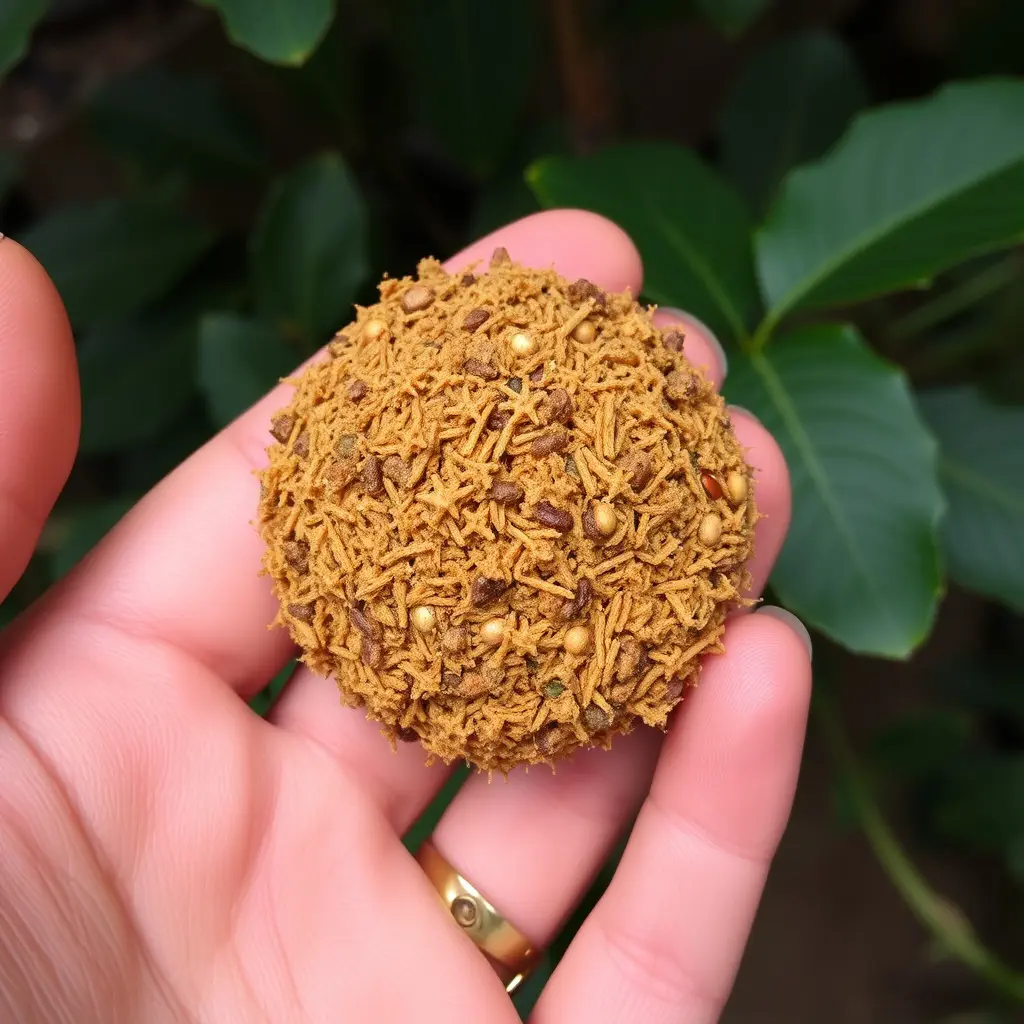Kratom, derived from the Mitragyna speciosa tree, has been recognized for its potential to alleviate stress and manage anxiety. In Texas, while kratom is not explicitly a controlled substance, it falls under anabolic agents due to state regulations, which regulate its sale and distribution. This means that while it is generally legal in Texas, there are specific restrictions to be aware of. At the federal level, the DEA has not classified kratom as a Schedule I drug, reflecting the ongoing debate surrounding its legality. Users should stay informed about legal changes, given the dynamic nature of its status. It's crucial for individuals to consult healthcare professionals before using kratom to ensure it aligns with their well-being needs and complies with local laws. Those interested in 'is kratom legal in Texas' need to consider that its use is subject to age restrictions and may vary by locality within the state. By understanding both the pharmacological effects and the evolving legal landscape, residents can responsibly consider including kratom as part of a natural stress management strategy in compliance with Texas laws and under medical advice.
Exploring the intersection of natural wellness and psychological health, this article delves into the potential of kratom supplements for stress and anxiety reduction. With a focus on understanding kratom’s legal status, particularly in Texas, we examine “is kratom legal in texas?” While considering its role in stress management, we explore the scientific evidence supporting kratom’s properties. Additionally, practical advice is provided on how to safely incorporate these supplements into your daily routine for enhanced relaxation and stress relief. Join us as we navigate this intriguing topic and uncover the natural pathways towards a calmer state of mind.
- Understanding Kratom Legality and Its Role in Stress Management: Is Kratom Legal in Texas?
- Exploring the Science Behind Kratom's Anxiety-Reducing Properties
- Integrating Kratom Supplements into Your Lifestyle for Stress Relief
Understanding Kratom Legality and Its Role in Stress Management: Is Kratom Legal in Texas?

Mitigating stress and anxiety often involves a multifaceted approach, including lifestyle changes, therapy, and sometimes dietary supplements such as kratom. Kratom, derived from the leaves of the Mitragyna speciosa tree, has gained attention for its potential benefits in managing stress. However, before integrating kratom into a stress management routine, it’s crucial to understand its legal status. The legality of kratom varies across different states in the U.S., and this is particularly true in Texas. As of the knowledge cutoff date, kratom is not explicitly listed as a controlled substance in Texas, which means it is generally legal within the state’s borders. Nevertheless, the Texas Health and Safety Code classifies kratom as anabolic agent, placing certain restrictions on its sale and distribution. It’s important for individuals interested in using kratom to stay informed on any changes to local legislation. The Federal government has taken a stance on kratom, with the DEA previously proposing to classify it as a Schedule I drug, a move that was met with significant public pushback and ultimately not enacted. This indicates that while kratom is currently legal in Texas, its status can change based on federal or state regulatory decisions. Users should always verify the most current regulations and consult with healthcare professionals before using kratom for stress management to ensure compliance with local laws and suitability for their individual health needs. Understanding kratom’s complex legal landscape is a critical first step for those exploring its potential role in managing stress and maintaining mental well-being.
Exploring the Science Behind Kratom's Anxiety-Reducing Properties

Mitragyna speciosa, commonly known as kratom, has garnered attention in various circles for its potential effects on mood and anxiety. The science behind kratom’s purported anxiety-reducing properties is rooted in its interaction with the brain’s receptors. Kratom contains alkaloids such as mitragynine and 7-hydroxymitragynine, which are believed to influence the brain’s opioid receptors. These compounds may bind to these receptors, potentially modulating pain perception, mood, and anxiety levels. While research is ongoing to fully understand kratom’s effects on the body, studies suggest that it could have a calming effect, helping individuals manage stress and mitigate feelings of anxiety.
When considering the use of kratom for these purposes, it’s important to note the legal status of the supplement, as regulations vary by state and country. In Texas, the legal status of kratom is subject to change, with legislation being proposed and passed that can affect its availability. As of the knowledge cutoff date in 2023, kratom is not explicitly illegal in Texas, but its sale and possession are restricted to consumers above a certain age, typically 18 or 21. Users interested in incorporating kratom into their wellness routine should stay informed about the evolving legal landscape, as compliance with local laws is crucial. It’s also recommended to consult with healthcare professionals before integrating kratom into any health regimen, given its potential for interaction with other substances and its broader impact on overall well-being.
Integrating Kratom Supplements into Your Lifestyle for Stress Relief

Kratom, a supplement derived from the leaves of the Mitragyna speciosa tree, has gained attention for its potential stress-relieving and anxiety-reducing effects. For individuals in Texas, where the legal status of kratom is subject to specific regulations, integrating this supplement into your lifestyle for stress relief can be a considerate approach. It’s pivotal to first verify the current legal standing of kratom in your area within Texas, as its legality may vary by locality. In compliance with state laws, if kratom is legal in your Texas jurisdiction, incorporating it into your routine may offer a natural alternative to manage stress and enhance well-being. Users often report feelings of relaxation and improved mood, which can be particularly beneficial during periods of heightened stress. To effectively use kratom for stress relief, it’s recommended to start with a low dose to gauge its effects on your system, as individual sensitivity to kratom can vary. Additionally, maintaining open communication with healthcare providers about your supplement use is crucial for ensuring that kratom does not interfere with any medications or conditions you may have. By approaching the integration of kratom supplements with caution and informed decision-making, individuals in Texas can explore this option as a complementary strategy to reduce stress and promote tranquility within their daily lives. Always prioritize adhering to local laws and consulting with healthcare professionals when considering the use of kratom or any other dietary supplement.
In conclusion, exploring the legality and potential benefits of kratom as a supplement for stress and anxiety management can offer valuable insights for individuals seeking natural alternatives. As discussed, understanding whether kratom is legal in Texas is a critical first step for residents considering its use. The scientific evidence suggests that kratom may have promising effects on alleviating stress and reducing anxiety, which could be particularly beneficial for those in high-pressure environments or coping with various life challenges. Integrating kratom supplements into one’s lifestyle, when done responsibly and within legal frameworks, may contribute positively to overall well-being. It is always advisable to consult healthcare professionals before incorporating any new supplements into your routine to ensure safety and efficacy.






